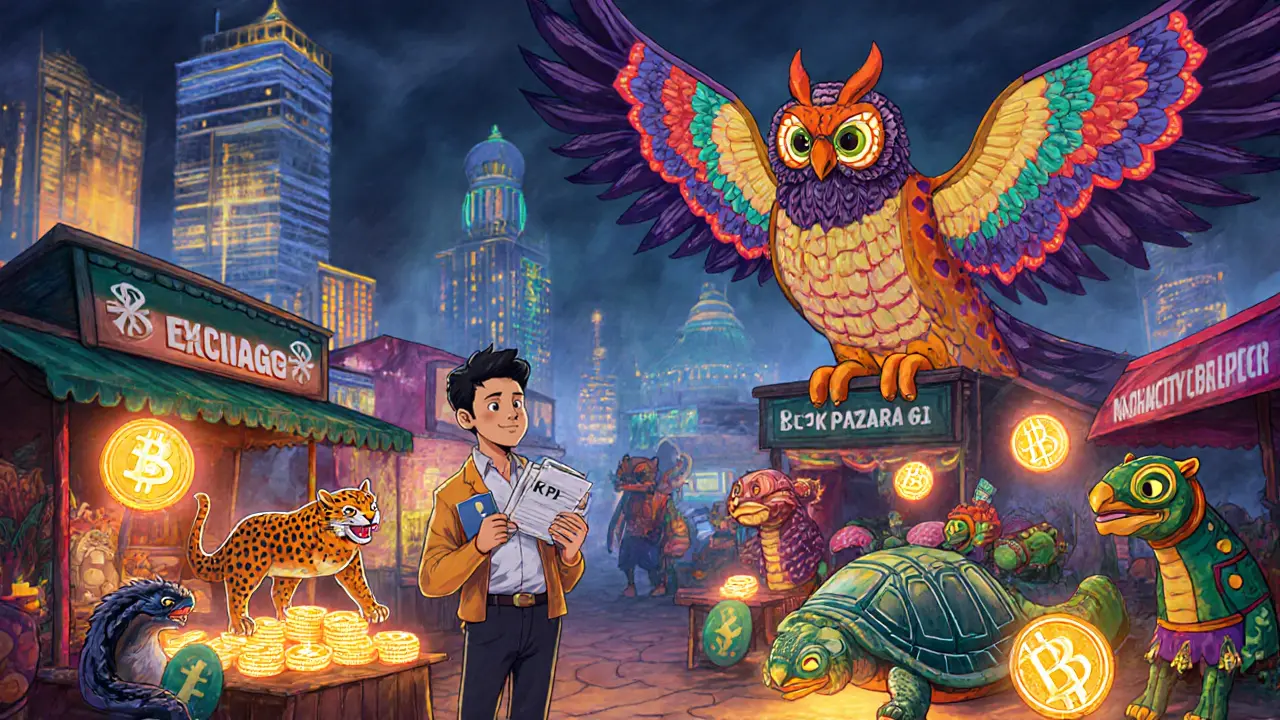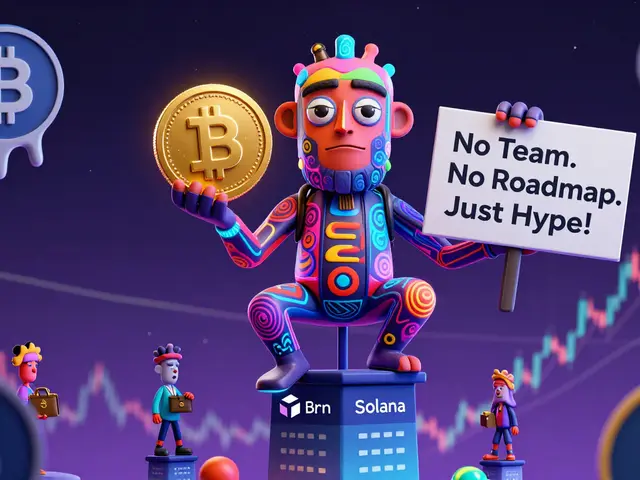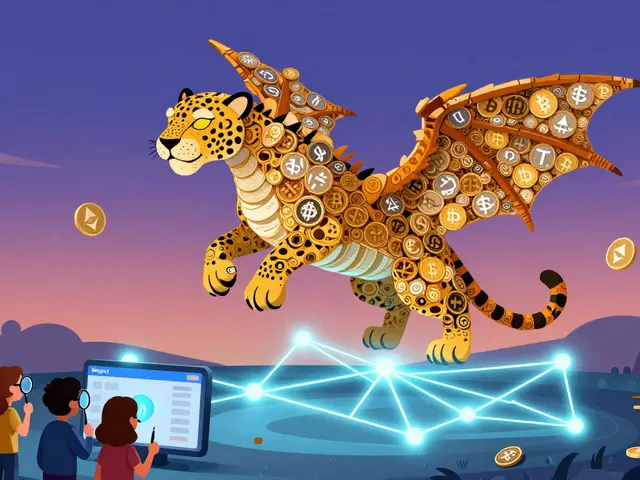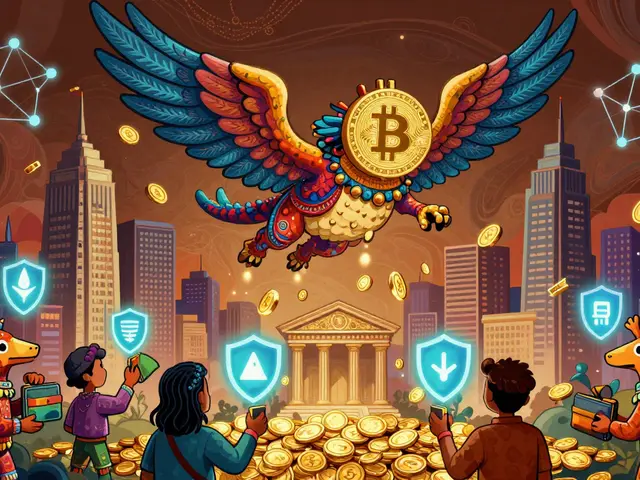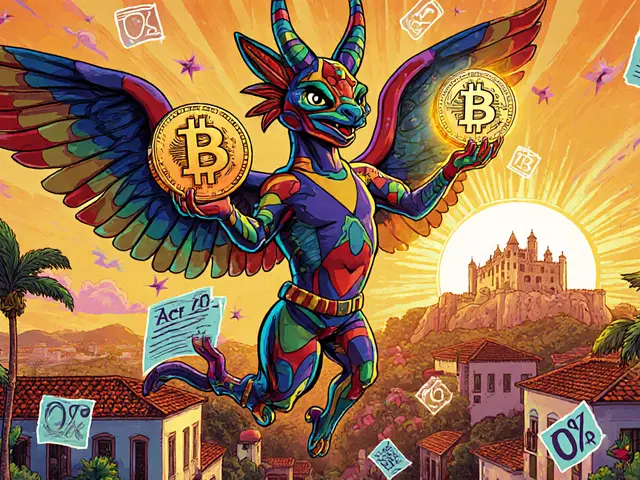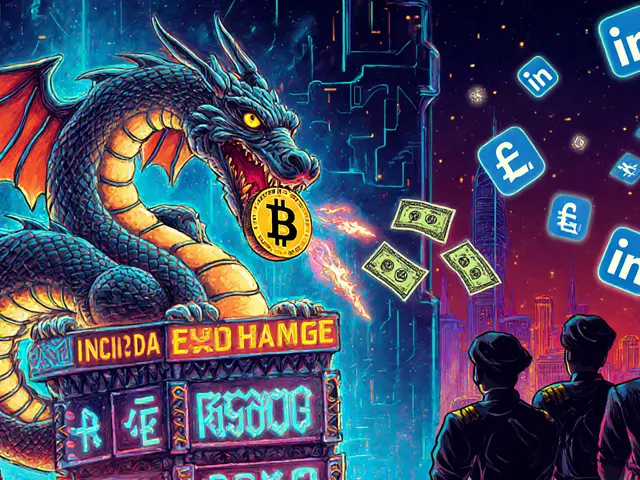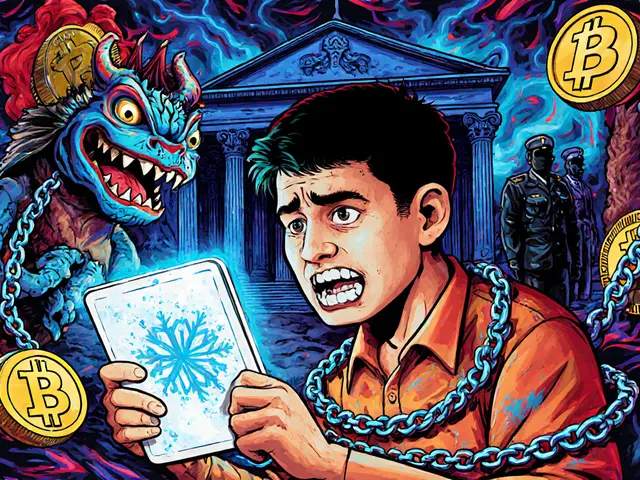Legal Crypto Indonesia: Rules, Risks, and What You Need to Know
When it comes to legal crypto Indonesia, the official stance is that cryptocurrency is not recognized as legal tender but is permitted as a tradable commodity under strict oversight. Also known as crypto regulation Indonesia, this framework is managed by BAPPEBTI, the government’s commodities futures trading agency, which licenses exchanges and monitors trading activity to prevent money laundering and fraud. Unlike countries that ban crypto outright, Indonesia lets you buy, sell, and trade digital assets—but only through licensed platforms. If you’re using an unregistered exchange, you’re operating outside the law, even if your transactions are technically possible.
One key thing to understand: BAPPEBTI, Indonesia’s regulatory body for derivatives and crypto trading. Also known as Commodities Futures Trading Regulatory Agency, it doesn’t protect you from price swings or scams—but it does require exchanges to verify users, report suspicious activity, and keep funds segregated. This means if you trade on a licensed platform like Indodax or Pintu, your identity is verified, your trades are logged, and you’re subject to tax rules. On the flip side, using a non-compliant exchange or a foreign platform like Binance without KYC puts you at risk of fines or account freezes.
crypto taxation Indonesia, the requirement to report crypto gains as income under Indonesian tax law. Also known as crypto capital gains tax, it applies whether you trade Bitcoin for Ethereum or sell crypto for rupiah. The tax office expects you to track every transaction, calculate profits, and file annual reports. Most traders ignore this—but if you’re doing more than small, occasional trades, you’re legally required to comply. Failing to do so can lead to penalties, especially as Indonesia’s tax authorities start cross-referencing exchange data.
There’s also the issue of mining. While not explicitly banned, crypto mining in Indonesia is practically impossible for individuals. Electricity costs are high, and the government prioritizes power for industry and households. Large-scale operations are discouraged unless they’re tied to state-backed projects. So if someone tells you they’re mining crypto from their home in Jakarta, they’re either lying or using illegal connections.
What you’ll find in the posts below isn’t hype or speculation—it’s real analysis of what’s happening on the ground. You’ll read about exchanges that are safe to use, tokens that look like opportunities but are actually dead projects, and how scams target Indonesian traders with fake airdrops and fake KYC portals. You’ll also see how global regulations like MiCA or U.S. sanctions ripple into local markets. No fluff. No guesswork. Just what you need to trade legally, safely, and with your eyes wide open.
